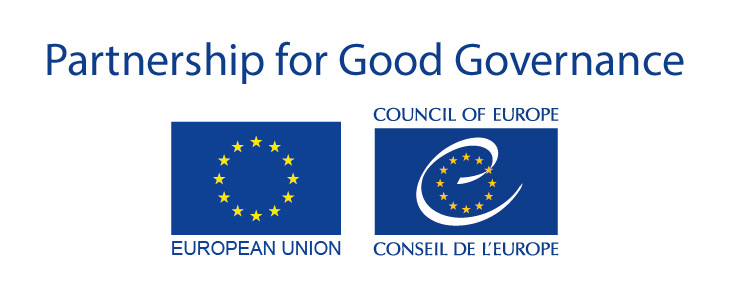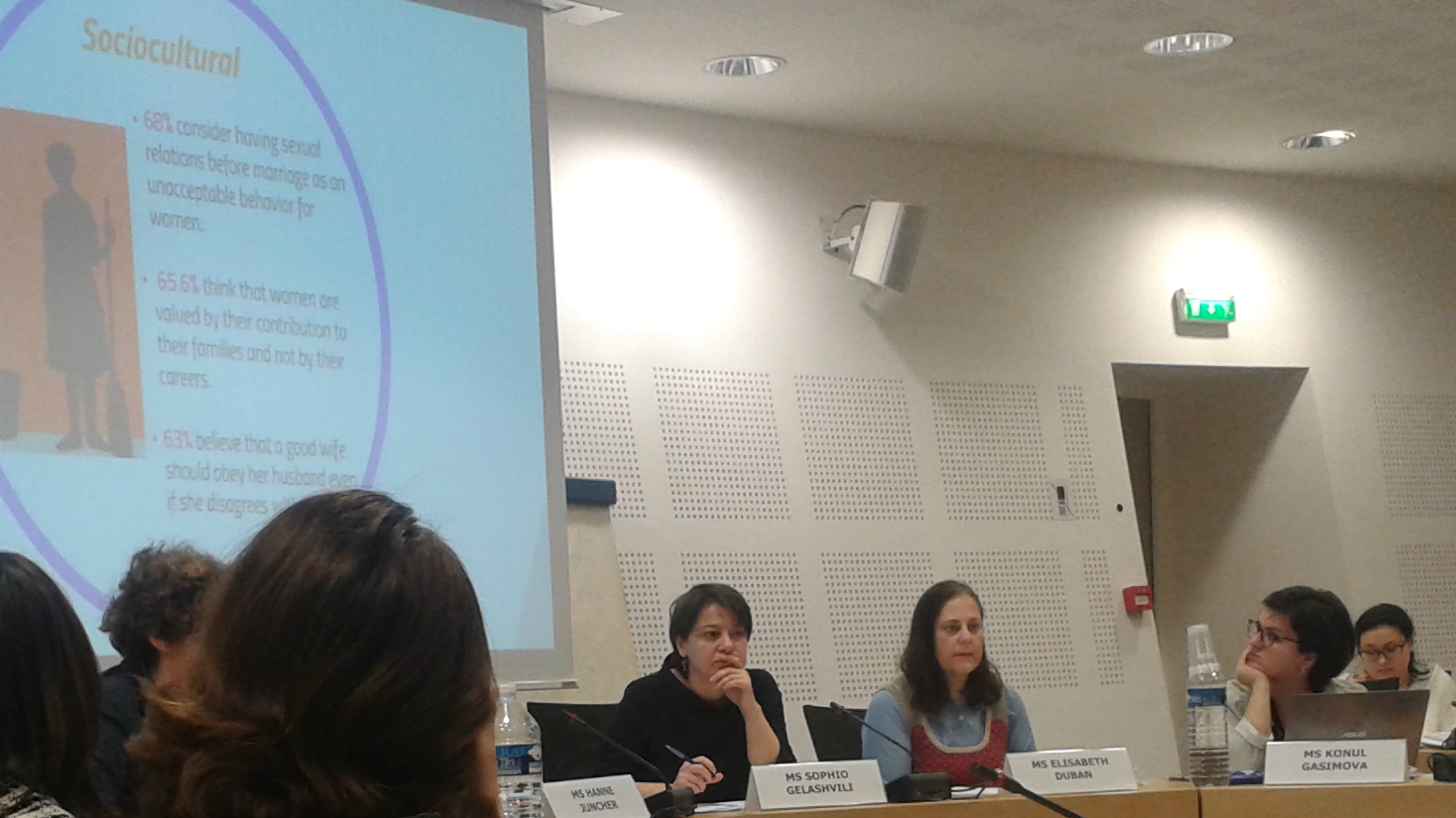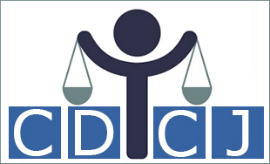Conference on Enhancing Women’s Access to Justice took place in Strasbourg on 9 February 2017. The conference was organised in the framework of the project on “Regional Dialogue on Judicial Reforms in the Eastern Partnership Countries” implemented within the Programmatic Cooperation Framework (PCF) for the Eastern Partnership Countries of the Council of Europe and European Union.
Judges, prosecutors, lawyers and representatives of the civil society organisations of the Eastern Partnership countries attended the conference. The participants exchanged and discussed good practices and lessons learned on approaches to improving women’s access to justice among the six EaP countries. The discussions also focused on examining and facilitating participants’ understanding of how improving women’s access to justice could strengthen the justice system as a whole and how gender awareness and gender sensitivity of stakeholders could improve the performance and quality of the work of the judiciary and legal professionals. The participants touched upon:
- compliance of national legislations and practices with relevant international standards
- case studies of situations of discrimination and possible approaches
- real-life experiences and difficulties encountered by participants and the resources that were available to them to address the issues
- importance of specialised training for the judiciary and legal professionals
- role of national and international institutions





